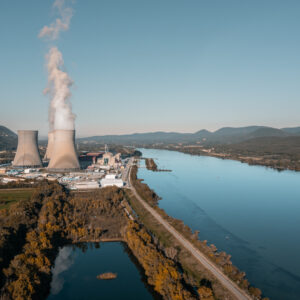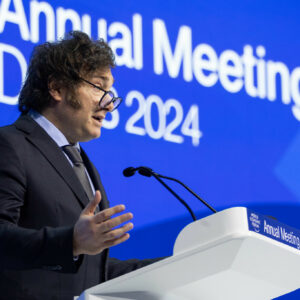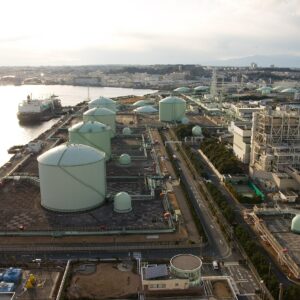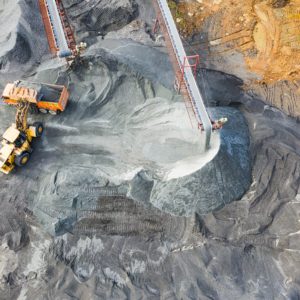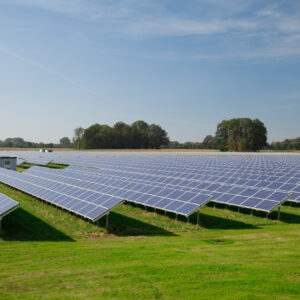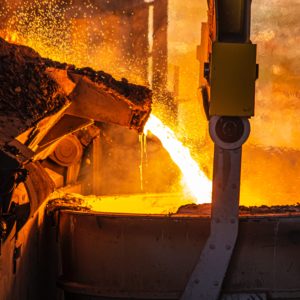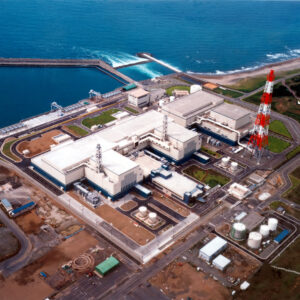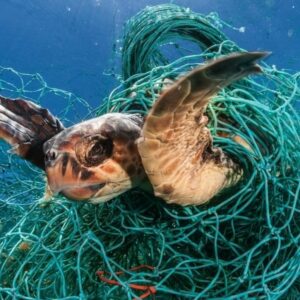"At the UN’s COP28 climate summit in Dubai last year, more than 20 countries, including the US, the UK and France, agreed to try to triple global nuclear power capacity by 2050."
Don’t Make LNG Exports the Next Keystone XL
LNG exports provide several economic, environmental, and national security benefits.
Benin entrepreneur harnesses biowaste to power homes, farms
"In a world grappling with climate change and the search for sustainable energy solutions, Enock Gnaga hopes his company Benin Biogas's complete waste-to-energy cycle will usher in a renewed dedication to environmental stewardship for his country."
What China’s Ban on Rare Earths Processing Technology Exports Means
"The rollout of major export restrictions for graphite, gallium, germanium, rare earth extraction, and separation technologies in less than one year should be a powerful signal to U.S. policymakers that although they are late to the critical minerals game, there is a significant need to both build domestic capabilities and leverage international cooperation to facilitate rapid sourcing and developing of processing capacity."
How Free Trade Helps the Environment
Rather than increasing costs for clean technologies and adding artificial barriers for emerging markets to access industrialized ones, leaders should turn to free trade to meet the world’s economic, energy, and climate needs.
How global trade could fragment after the EU’s tax on ‘dirty’ imports
"Adolfo Aiello, deputy director-general at Eurofer, says European steelmakers could face competition on multiple fronts: not just from 'cheaper dirty steel' but also 'greener steel from third countries.' The risk, he adds, is that the EU becomes 'a demand centre for green steel' with dirty steel being diverted elsewhere. The result, he says, 'would be a net negative impact on the climate.'"
Japan allows world’s biggest nuclear plant to restart
"The Japanese Nuclear Regulatory Authority (NRA) said TEPCO's preparedness had improved and decided to lift the de facto ban. The body has carried out more than 4,000 hours of inspection of its facilities."
Economic Freedom: A Catalyst for Global Access to Safe Drinking Water
Economic freedom can help countries increase water access and improve lives around the world.
How Traditional Fisherman in India Are Cleaning the Ocean
Fisherman in India are collecting ghost nets to protect the ecoystem
